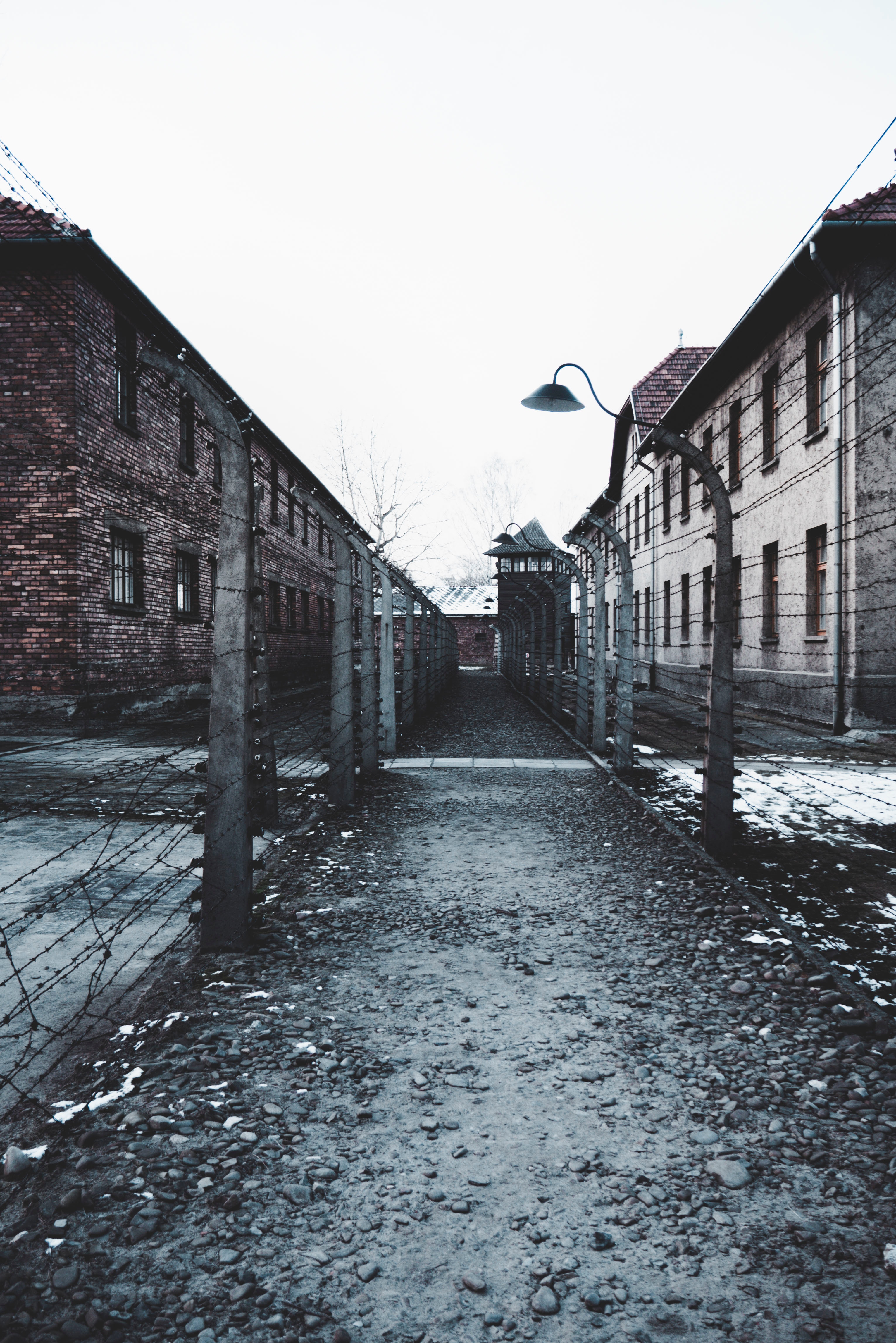Tadeusz Borowski, This Way for the Gas Ladies and Gentlemen

It’s important to remember that Borowski’s story is fiction, but is also clearly influenced by his own experiences in Nazi camps, which he survived. He was not a Jew, but was imprisoned for writing poetry and then forced to help the Nazis “process” new prisoners. It is also important to recognize just how young the writer was in 1948 when this story was published. He was the age of the typical college student (21) when he was incarcerated in the camp, and he was 26 when he wrote this story. He killed himself, ironically with gas, at age 29 when he realized that Stalin’s government which employed him, also practiced a concentration camp method of isolating dissenters and perverting democracy.
So much is made of the concept of “civilization” in modern society; Western Europe’s efforts to “civilize” the “barbarians” of the rest of the world justified colonialism in North and South American, Africa, East and Southeast Asia, and Australia. And yet, we see “civilized” behavior in this story from the very “barbarians” carrying out these heinous deeds. The SS soldiers are well-groomed, they are polite, and they are considered beautiful people by the Western standards of physical beauty. We hear of high-ranking Nazi officials who listen to classical music and valued traditional Western art. What is uncivilized about this culture? Is this story questioning the very concept of “civilization?”
To focus on the aesthetics of this story is difficult, because of how raw the realism is. Borowski is not masking journalism as art; he deliberately chose to not name his narrator or most of his characters, and to juxtapose images of animals with people to convey a point about their lack of humanity (for example, the “infected horses” sign where people are now “penned”). The story itself poses the question of beauty and aesthetics. We will consider this as the kind of literature that comes after Ibsen’s realism, after Borges’s rejection of Ibsen’s realism, after Kafka’s absurd account of human alienation, which was published during World War I.
Nobel winner Elie Wiesel, as an Auschwitz survivor, feels it is his duty to bear witness to what he experienced in the Holocaust. But he also discovered what he calls the “perils and power of the word.” He writes,
We all knew that we could never, never say what had to be said, that we could never express in words, coherent, intelligible words, our experience of madness on an absolute scale … All words seemed inadequate, worn, foolish, lifeless, whereas I wanted them to be searing …Where was I to discover a fresh vocabulary, a primeval language? The language of night was not human.
Language is one thing that marks us as human—as distinctive from apes. In Metamorphosis, Gregor is robbed of his ability to communicate. This robs him of his humanity. Think about how you would describe the language Borowski has his characters use in his story.
According to aesthetic theorist T.W. Adorno, to write poetry after Auschwitz is barbaric. How can art represent suffering, without doing an injustice? Art’s power to transform moral chaos into aesthetic form could create a false sense of purpose and meaning to the Holocaust. How dangerous is it to allow aesthetic representation of something that is not coherent or beautiful? In light of this theory, does Borowski use what Wiesel describes as “the language of night”?
Later, Adorno qualified this theory by saying that people have as much right to poetry after Auschwitz as the torture victim has to scream. Is this story the scream of the torture victim?
Access
This book is available for digital checkout with the Internet Archive. An Internet Archive account is required. Link to book

